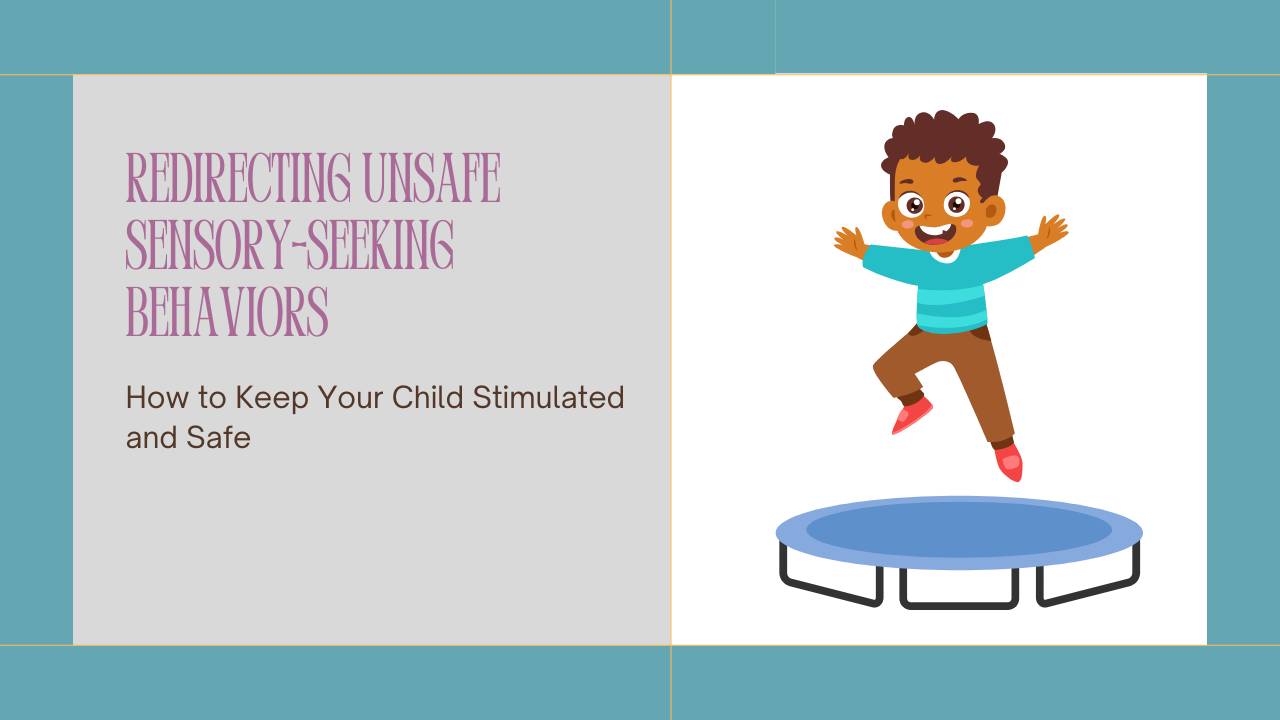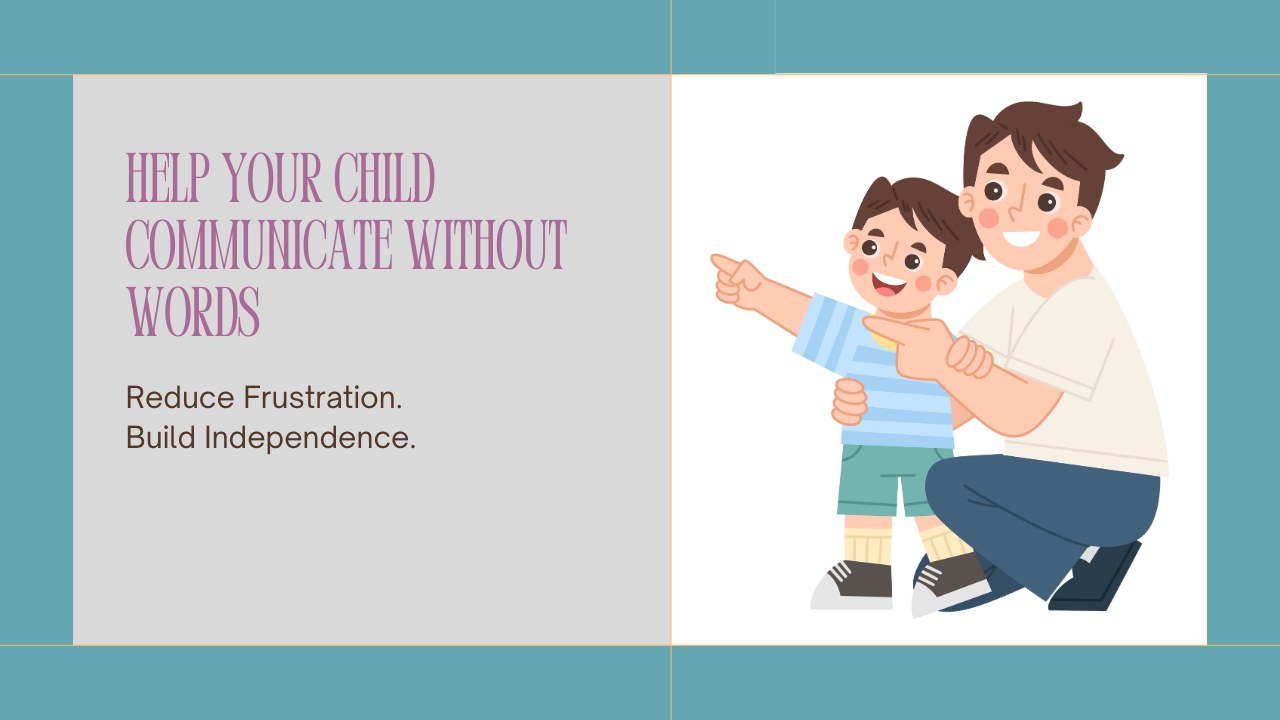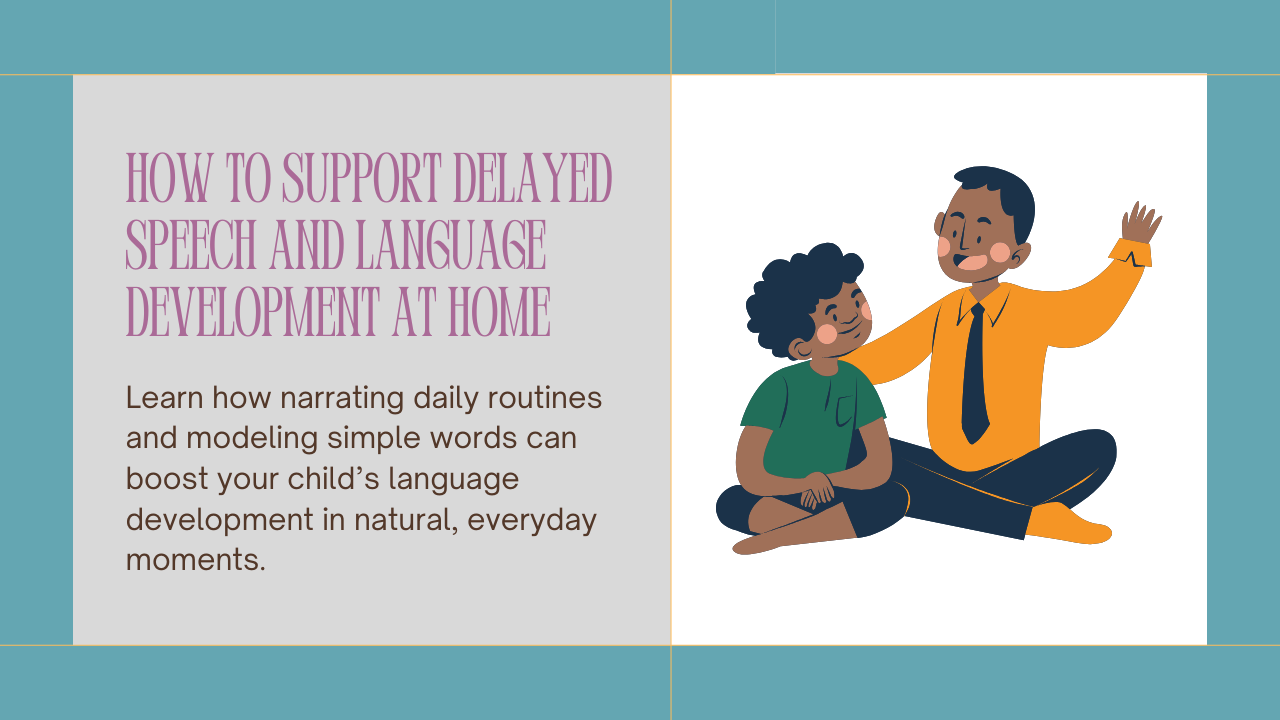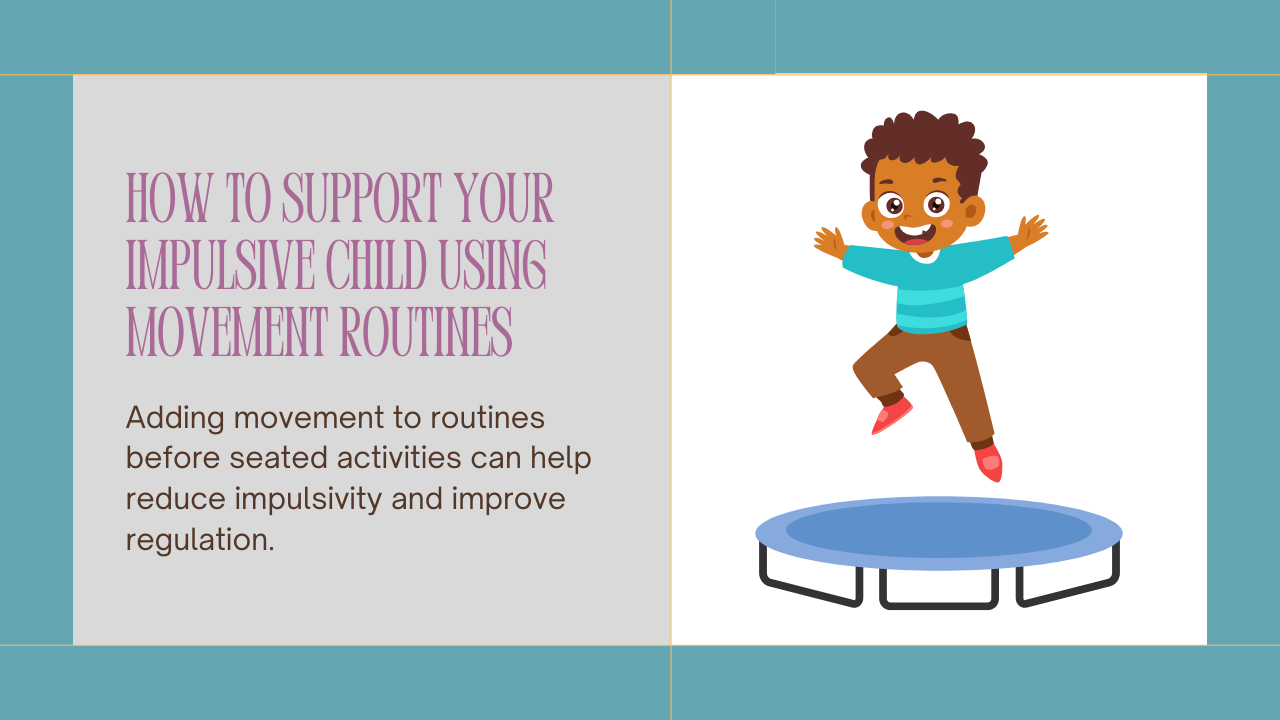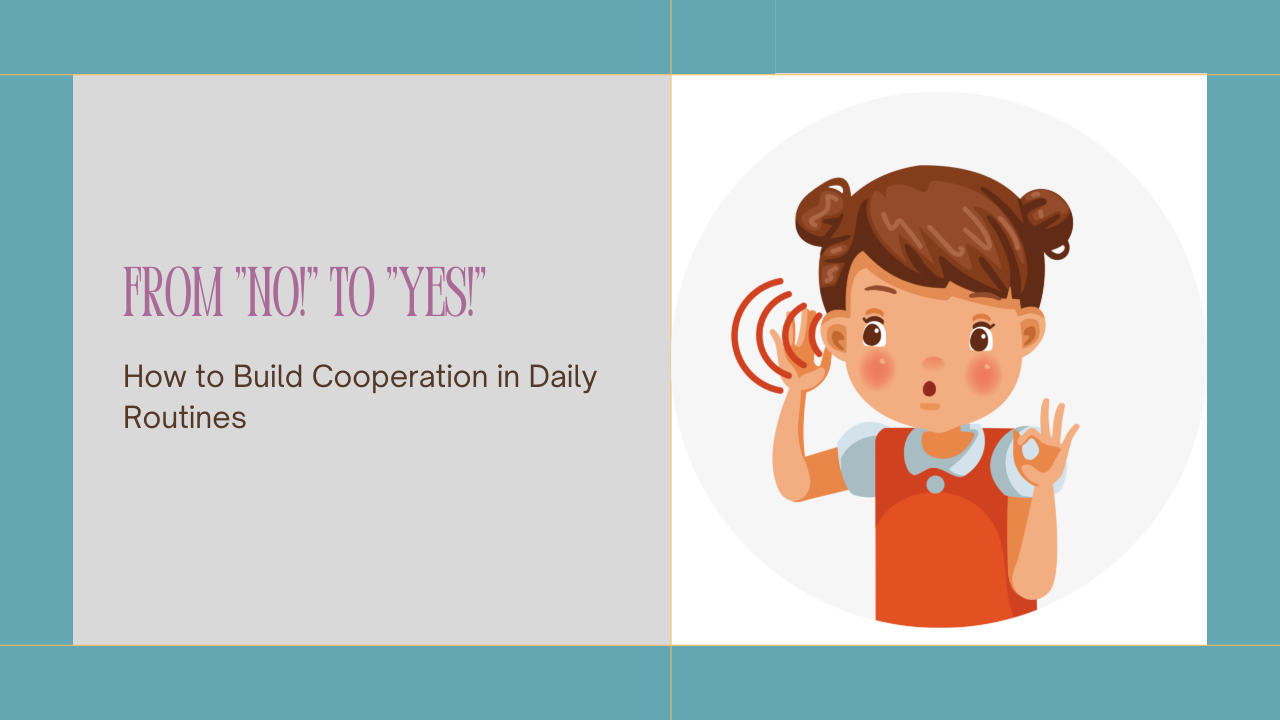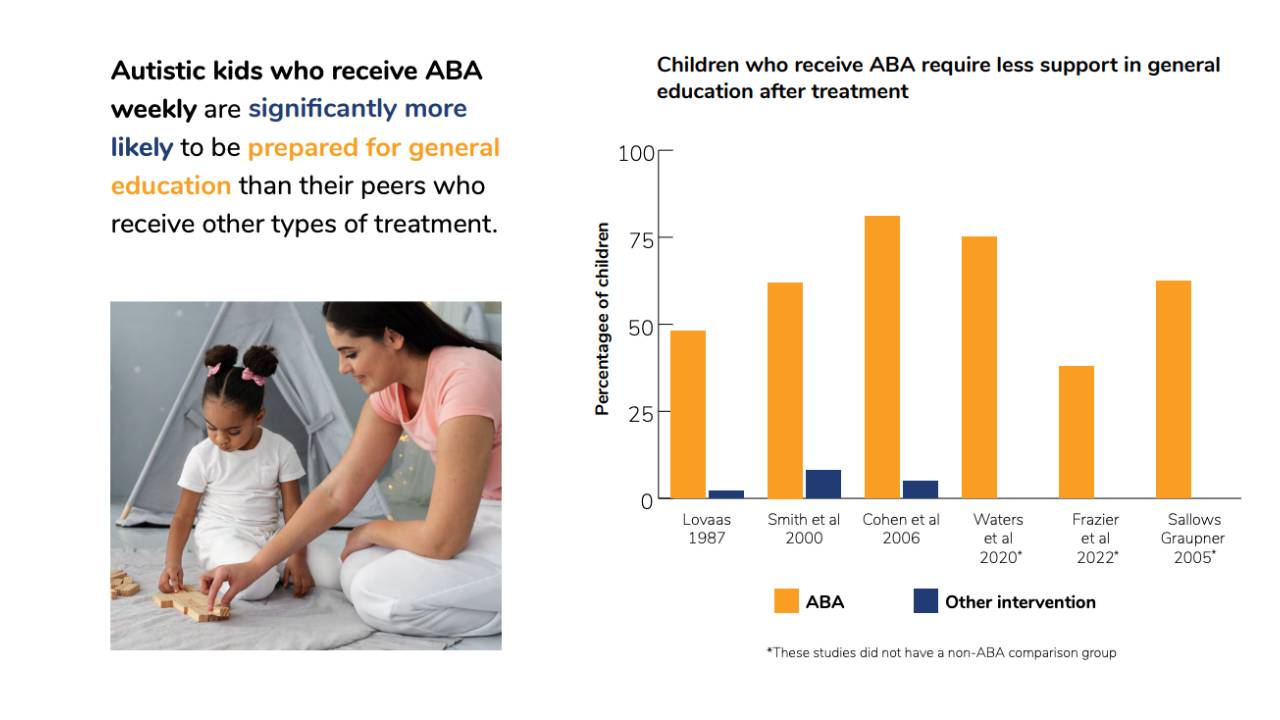THE BLOG
The transition from home to the school bus can be a challenging experience for children with autism, as it involves navigating unfamiliar routines and environments. However, with the right strategies ...
Early skills such as gestures (waving, pointing, clapping) and eye contact are important building blocks for social communication. If your child rarely uses gestures or avoids making eye contact with ...
With September quickly approaching, the prospect of preparing your child for school might seem daunting. However, with the right strategies and consistent implementation of Applied Behavior Analysis (...
If your child has recently been diagnosed with autism, and you’ve been referred for ABA therapy, you’re likely hearing one word a lot: waitlist.
The wait for services can feel frustrating, scary, and...
Does Your Child Seek Sensory Input in Unsafe Ways? Here's What to Do.
If your child with autism is constantly seeking sensory input in ways that stress you out—like spinning until they fall or crashi...
Children who don't have a reliable way to communicate with others often cry, scream, or tantrum when the people around them are unable to figure out what it is that they want or need. As a result, par...
One of the most effective ways to support your child’s communication growth is something simple you can start doing right now: narrating your day and modeling simple words.
What to Do: Narrate What Y...
Transitions Are Tough — Here’s How to Make Them Easier
For many toddlers and preschoolers with autism, transitions can feel overwhelming. Whether it’s going from playtime to mealtime, or leaving the ...
Is Impulsivity Getting in the Way of Your Child’s Day?
If your child frequently interrupts, bolts away without warning, or can’t sit still long enough to eat a meal or listen to a story, you're not a...
Does your child seem to resist everything you ask them to do, no matter how small the request? From brushing teeth to putting on shoes, noncompliance can make even the simplest tasks feel like a battl...
If your child has frequent tantrums or meltdowns, you’re probably both feeling a little stressed out. And when those big behaviors feel like they “come out of nowhere,” trying to get a handle on them ...
If you're the parent of a toddler or preschooler with autism, finding the right support for your child’s development can be challenging. Many families explore options like special education preschool ...





